RUSSIAN YOUTH IN COMPARISON TO THEIR AMERICAN COUNTERPARTS

RUSSIAN YOUTH IN COMPARISON TO THEIR AMERICAN COUNTERPARTS
Discussion Panel at 2020 ASEEES Convention
KRES Poliskola is pleased to report that it took part in the 2020 ASEEES (Association for Slavic East European and Eurasian Studies) Virtual Convention.
On November 6, 2020, KRES Poliskola held a discussion panel: Russian Youth in Comparison to their American Counterparts.
The panelists compared findings of youth studies in Russia and in the United States. How do millennials/generation Z differ in Russia and the United States? Multiple attentions had been focused on the growing engagement of the Russian youth. Panelists present and compare findings of several studies that explicitly focused on the new generation of younger Russians, their socio-political attitudes and civic engagement, and also compared these findings with results of studies of the civic engagement among the American millennials.
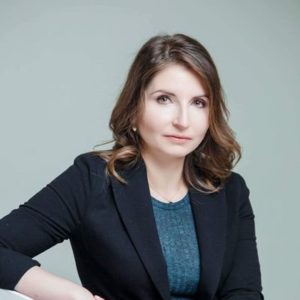
Stepan Goncharov, an expert with the leading independent sociological research organization Levada Center, took part in the panel. He presented the results of his research «The New Putin Generation: Rising Civic Engagement of Russian Youth», conducted in close cooperation with Maria Snegovaya, a comparative politics, international relations, and statistical methods specialist, currently with George Washington University, Washington D.C.
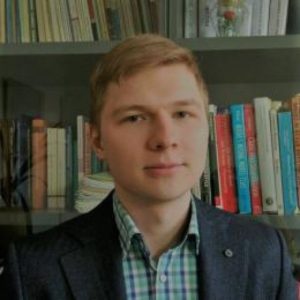
As Stepan comments: «In late October 2019, we conducted 1014 interviews with the Russian youth, aged 16-24, from cities with a population over 1 million. Our study has focused on predictors of their propensity for protest and civic engagement, where indicators of civic engagement were compiled from Western scholarship on the topic. Our results reveal that 16-20 year olds demonstrated substantively higher levels of volunteering as compared to the older age group, but not much different on other indicators of civic engagement. Higher civic engagement levels are found among: women, university-educated, with knowledge of at least one foreign language and those whose main information sources are not state-owned TV channels. We also explore predictors of civic engagement analyzing and testing popular theories of contested action, and compare these results with earlier studies by Levada-Center».
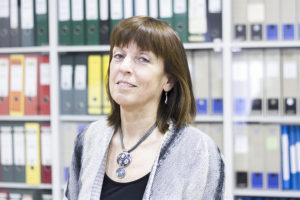
Irina Olimpieva, representing Centre for Independent Social Research presented her work «You are against Corruption unless it is not on your Side: Perspectives of Anti-Corruption Activism among Russian Students». Irina notes: «The wide participation of young people in the anti-corruption protests of 2017 organized by the Russian opposition leader Alexey Navalny was a surprise for political scientists and sociologists who usually consider Russian youth to be politically indifferent and apathic. The presence of young people in anticorruption protests suggested that outrage with corruption can mobilize civic activism of the youngest Russian generation. Using empirical data from nine focus groups with university students in three Russian cities (St. Petersburg, Kazan, and Rostov-on-Don), this paper demonstrates that young people reproduce ambivalent attitudes to corruption typical for older generations, as well as skepticism towards public anticorruption initiatives. Rising awareness among young people about the real scale of corruption without access to effective tools to fight corruption does not increase the civic activity of young people. Rather these conditions lead to frustration and cognitive dissonance, which results in young people ignoring corruption as a problem and seeking exit strategies from Russia».
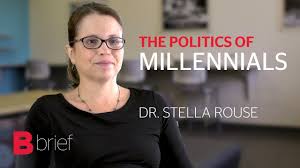
Stella Rouse, an Associate Professor at the Department of Government and Politics, Director of the Center for Democracy and Civic Engagement, and Associate Director of the University of Maryland Critical Issues Poll at the University of Maryland, presented a study «The Politics of Millennials: Political Beliefs and Policy Preferences of America’s Most Diverse Generation». Stella noted that «Millennials are the largest and most diverse adult generation in American history. By the 2020 elections, this cohort has become the largest voting bloc in the country.
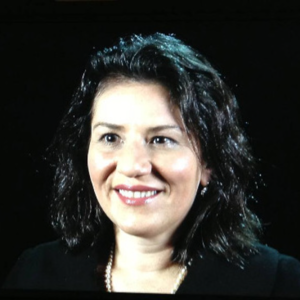
Whether and how they participate in the political process has important implications for current and future policy initiatives and the direction of the U.S.».
Mariam Lanskoy, the Senior Director for Russia and Eurasia at the National Endowment for Democracy, Washington D.C., served as a discussant at the panel and made her invaluable comments.
The panel was moderated by Pavel Ivlev, executive director of KRES Poliskola.
We present the video recording of the discussion to your attention.




